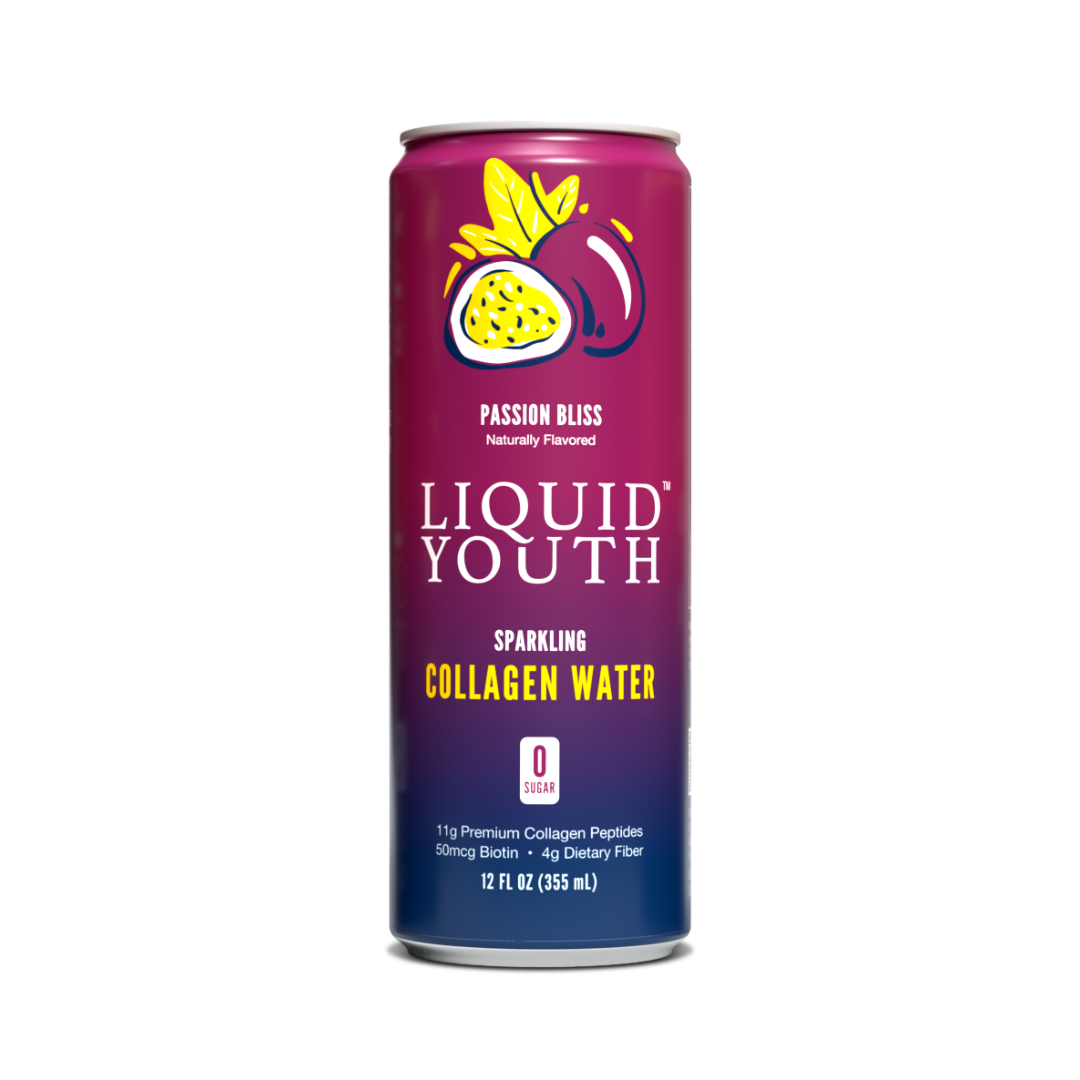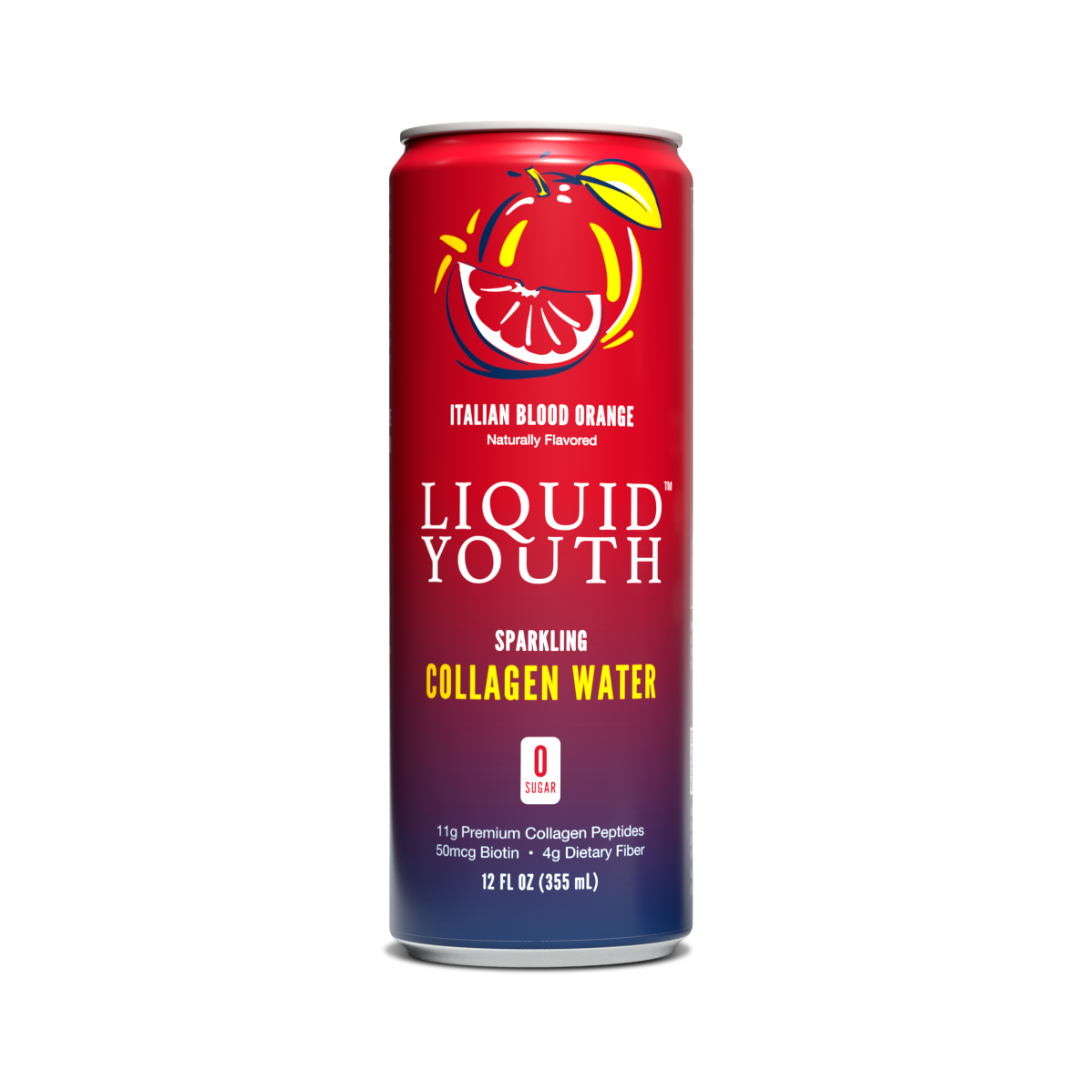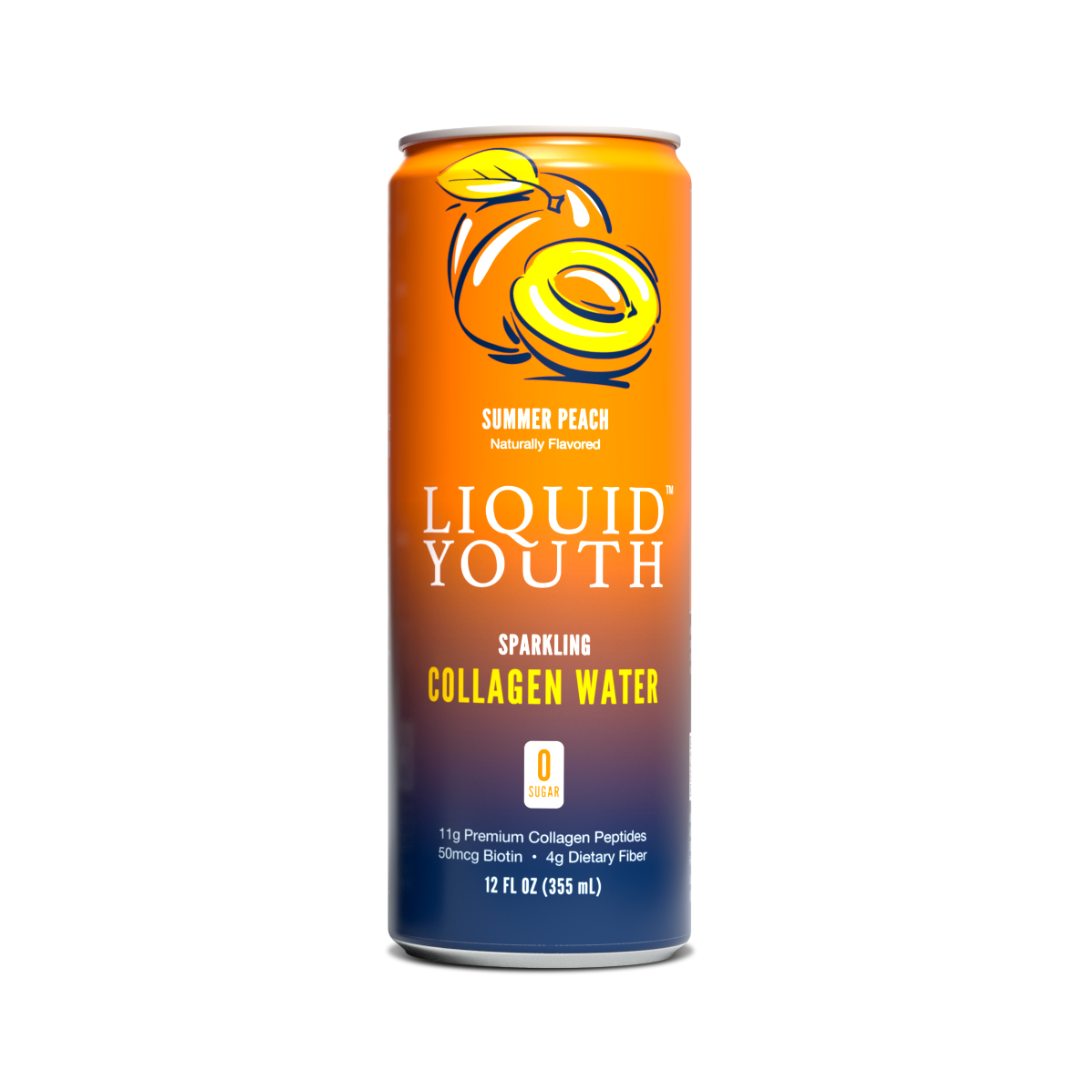Collagen peptides for pain

New Study Suggests Using Collagen Peptides Is a Natural Solution for Chronic Pain Relief in Active Adults
Key Points of Using Collagen Peptides for Chronic Pain Relief
· Participants using collagen peptides at a dose of 10 grams daily for six months showed notable improvements in their ability to perform daily activities. This improvement was particularly meaningful in individuals with higher physical activity levels (more than 180 minutes per week).
· The study found that the 10-gram daily dosage of collagen peptides was more effective in reducing pain compared to the 20-gram dosage, suggesting a point of diminishing returns at higher dosages. This indicates that a moderate dose of collagen peptides (i.e., 10 grams per day) may be optimal for improving pain and daily function.
· Collagen peptide supplementation improved physical function and positively impacted mental health, particularly in female participants. The 10-gram daily dose was associated with significant improvements in mental health scores over the nine-month study period.

Understanding the Benefits of Using Collagen Peptides
Using collagen peptides as a natural supplement has become increasingly popular for managing chronic pain, especially among active and aging adults. Chronic pain is a significant issue for many people, affecting nearly 19% of adults in the United States. This type of pain can significantly hinder physical activities (i.e., running, lifting weights, etc.) and daily routines (i.e., difficulty kneeling or standing), which, in turn, severely limits exercise due to chronic pain. Traditional pain management methods such as NSAIDS and
ibuprofen lead to undesirable side effects; there is growing interest in alternative approaches. One strategy involves using collagen peptides, which may relieve pain and support overall health. A recent study explores the long-term benefits of using collagen peptides in active middle-aged adults and its effect on pain relief.1
Using Collagen Peptides to Replenish Collagen
Using collagen peptides is crucial because collagen is the most abundant protein in the human body, playing a vital role in the structure and function of various tissues, including skin, bones, and joints2. The onset of age-related collagen loss begins as early as the 20's and 30's, with reductions of approximately 1% per year after 40 years of age. This downward spiral can result in total body collagen losses of up to 75% by 80 years of age.3 The loss of collagen, particularly in tissues like tendons and ligaments, can lead to connective tissue damage and an increased risk of injury.4 Using collagen peptides might help address these issues by supporting tissue health and reducing pain.
The Study's Focus: Using Collagen Peptides for Pain Relief
A 2023 study aimed to determine whether using collagen peptides daily could alleviate pain, improve physical fitness, and enhance overall health in middle-aged active adults. To achieve this, researchers conducted a double-masked, randomized control trial. This means neither the participants nor the researchers knew who received the supplement and a placebo, ensuring unbiased results.
The study included 86 lifelong exercisers, both men and women, with an average age of 55. The participants were randomly assigned to one of three groups:
1.) A placebo group (i.e., told they were receiving collagen but were not),
2.) A group using collagen peptides daily with a dose of 10 grams per day,
3.) A group receiving 20 grams daily of collagen peptides.
The participants' health was closely monitored through various questionnaires that assessed pain levels, physical function, and mental health at the start of the study and three-month intervals.

Key Findings: Pain Relief and Improved Daily Function with Using Collagen Peptides
One of the study's most significant findings was that participants who took 10 grams of collagen peptides daily experienced notable improvements in their ability to perform daily activities after six months. This group reported reduced pain levels, particularly among those who exercised more than 180 minutes weekly. This suggests that using collagen peptides might be particularly beneficial for those who maintain a high level of physical activity.
Interestingly, the study found that the 10-gram dosage of collagen peptides was more effective than the 20-gram dosage in some respects, particularly in improving activities of
daily living and reducing pain. This finding challenges the assumption that more is always better when using collagen peptides. Instead, it suggests that a moderate dose of collagen peptides might be optimal for specific health outcomes.
Mental Health Benefits of Using Collagen Peptides
Beyond physical benefits, the study also revealed that using collagen peptides could positively impact mental health. Participants who took 10 grams of collagen peptides daily showed significant improvements in mental health scores over the course of the study. These findings suggest that using collagen peptides at a dose of 10 grams may be superior to a larger dose of 20 grams daily. Still, both doses are better than nothing at all in improving physical activity, pain, and mental health for those supplementing for using collagen peptides for at least 6 months.
Implications and Future Directions for Using Collagen Peptides
The findings from this study are promising, particularly for those seeking non-pharmacological approaches to managing chronic pain and maintaining overall health. Using collagen peptides offers a safe and effective way to improve physical function, reduce pain, and enhance mental health, particularly in active middle-aged adults.5,6 It is worth noting that traditional interventions for chronic pain management, such as NSAIDs and corticosteroids, though effective in the short term, can have severe side effects when used long-term, including gastrointestinal, nerve, and connective tissue damage.7,8
Moreover, while using collagen peptides is well-established in the skin and anti-aging industry for their benefits on skin elasticity, hydration, etc., a growing body of research supports their positive effects on joint pain, inflammation, and return to play after injury.9,10 However, further research is needed to understand how collagen peptides work at the molecular level and determine the optimal dosage for different populations.

Conclusion: A Natural Approach to Pain Management with Using Collagen Peptides
In summary, using collagen peptides daily offers a promising natural approach to managing chronic pain and improving overall health in active middle-aged adults. The study discussed here provides valuable insights into the potential long-term benefits of using collagen peptides, suggesting that a moderate dose of 10 grams daily may be particularly effective for reducing pain and enhancing daily function.
FAQs
The study suggests a daily dosage of 10 grams of collagen peptides effectively reduces pain and improves daily function in active adults.
Collagen peptides help by supporting joint health, reducing inflammation, and improving overall mobility, which can alleviate chronic pain.
Featured Products
References
1 Kviatkovsky, S. A., Hickner, R. C., Cabre, H. E., Small, S. D. & Ormsbee, M. J. Collagen peptides supplementation improves function, pain, and physical and mental outcomes in active adults. J Int Soc Sports Nutr 20, 2243252 (2023). https://doi.org:10.1080/15502783.2023.2243252
2 Skov, K., Oxfeldt, M., Thøgersen, R., Hansen, M. & Bertram, H. C. Enzymatic Hydrolysis of a Collagen Hydrolysate Enhances Postprandial Absorption Rate—A Randomized Controlled Trial. Nutrients 11, 1064 (2019).
3 Clark, K. L. et al. 24-Week study on the use of collagen hydrolysate as a dietary supplement in athletes with activity-related joint pain. Curr Med Res Opin 24, 1485-1496 (2008). https://doi.org:10.1185/030079908x291967
4 Subramanian, A. & Schilling, T. F. Tendon development and musculoskeletal assembly: emerging roles for the extracellular matrix. Development 142, 4191-4204 (2015). https://doi.org:10.1242/dev.114777
5 Lugo, J. P. et al. Undenatured type II collagen (UC-II®) for joint support: a randomized, double-blind, placebo-controlled study in healthy volunteers. J Int Soc Sports Nutr 10, 48 (2013). https://doi.org:10.1186/1550-2783-10-48
6 Koizumi, S., Inoue, N., Sugihara, F. & Igase, M. Effects of Collagen Hydrolysates on Human Brain Structure and Cognitive Function: A Pilot Clinical Study. Nutrients 12 (2019). https://doi.org:10.3390/nu12010050
7 Schaffer, D. et al. Risk of serious NSAID-related gastrointestinal events during long-term exposure: a systematic review. Medical Journal of Australia 185, 501-506 (2006). https://doi.org:https://doi.org/10.5694/j.1326-5377.2006.tb00665.x
8 Singh, G., Wu, O., Langhorne, P. & Madhok, R. Risk of acute myocardial infarction with nonselective non-steroidal anti-inflammatory drugs: a meta-analysis. Arthritis Research & Therapy 8, R153 (2006). https://doi.org:10.1186/ar2047
9 Heaton, L. E. et al. Selected In-Season Nutritional Strategies to Enhance Recovery for Team Sport Athletes: A Practical Overview. Sports Medicine 47, 2201-2218 (2017). https://doi.org:10.1007/s40279-017-0759-2
10 Close, G. L., Sale, C., Baar, K. & Bermon, S. Nutrition for the Prevention and Treatment of Injuries in Track and Field Athletes. International Journal of Sport Nutrition and Exercise Metabolism 29, 189-197 (2019). https://doi.org:10.1123/ijsnem.2018-0290


















